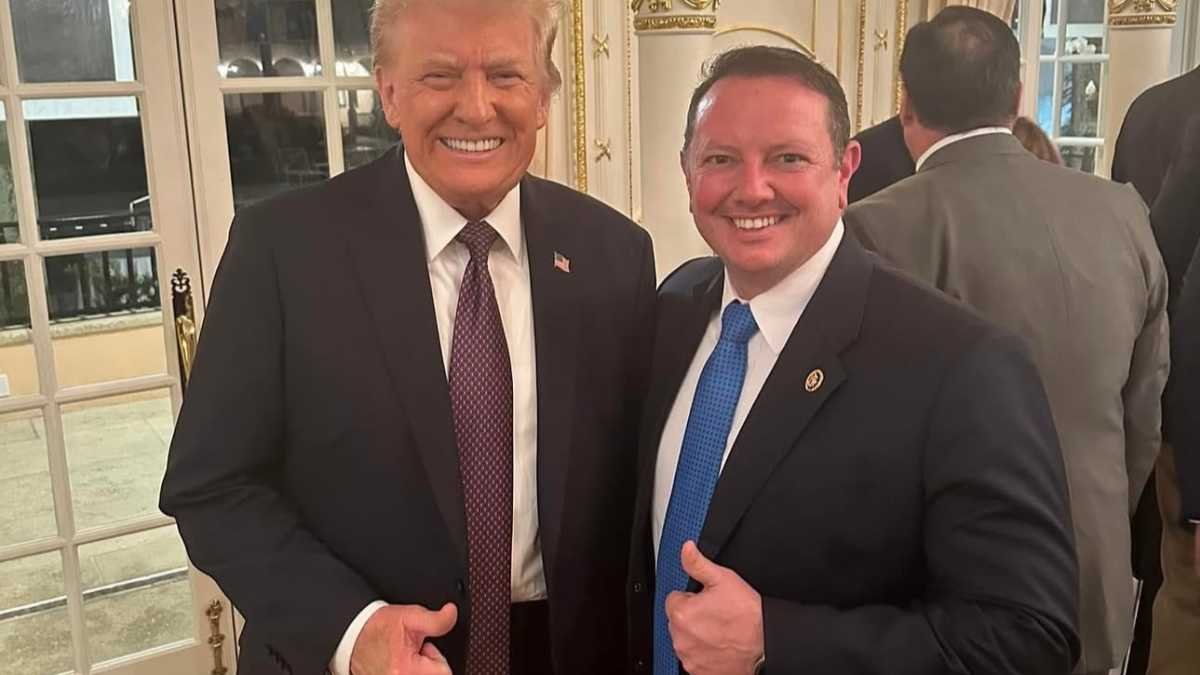President Donald Trump filed a defamation lawsuit on Monday in the U.S. District Court for the Middle District of Florida, claiming that The New York Times and four of its reporters published stories and a book excerpt designed to harm his reputation as a successful businessman and undermine his 2024 presidential campaign. He is seeking at least $15 billion in damages.
The suit names The New York Times Company and reporters Daisuke Wakabayashi, Michael M. Grynbaum, Susanne Craig, Russ Buettner, Peter Baker, and Michael S. Schmidt.
It also targets Penguin Random House, publisher of a book about Mr. Trump. The complaint alleges these works were released with “actual malice” and caused “enormous” financial losses and harm to Trump’s career.
Trump asserts that the timing of articles, including coverage of the 2024 election, and the book was calculated to inflict maximum electoral damage. He cites a lawsuit filed on Monday that accuses the defendants of eroding public trust in his achievements.
A spokesperson for The Times dismissed the action as baseless and an attempt to silence independent journalism. The newspaper vowed to uphold reporters’ First Amendment rights and continue fact-based reporting.
Publisher A.G. Sulzberger called the case frivolous and warned that attacks on the press threaten free speech. Penguin Random House echoed this stance, defending its title and authors.
This lawsuit adds to a string of defamation actions Trump has pursued against media outlets. He reached a $16 million settlement with Paramount over a contested “60 Minutes” segment. Last year, ABC News agreed to a $15 million settlement plus legal fees over comments by George Stephanopoulos. In July, he sued The Wall Street Journal for a story about a lewd greeting sent to Jeffrey Epstein.

Although he has threatened to sue The Times over Epstein-related coverage, this complaint focuses on three specific works. The first derives from Craig and Buettner’s book Lucky Loser: How Donald Trump Squandered His Father’s Fortune and Created the Illusion of Success. An article adapted from that book examines how The Apprentice producers fueled his path to the presidency.
The second is a Peter Baker article that uses anecdotes from that book and Mary L. Trump’s memoir to note that no major presidential candidate has faced so many accusations of wrongdoing.
The third, by Michael S. Schmidt, appears in an article based on interviews with John Kelly, who warned that Trump might rule like a dictator and reported that Trump called fallen soldiers “suckers” and “losers.” Trump denies making those remarks and disputes a previous report of similar comments.
The complaint also attacks the Times editorial board’s September 2024 endorsement of Vice President Kamala Harris, calling their reasoning deranged and disputing their arguments.
Trump has sued The Times twice before. His 2021 challenge to articles on his taxes and finances was dismissed in 2023, with him ordered to pay legal fees. In 2020, his campaign sued for libel over an opinion essay on alleged Trump–Russia collusion; that case was dismissed in 2021.
Central to the new suit is the claim that Craig and Buettner’s book wrongly credits Mark Burnett, the executive producer of The Apprentice, with discovering Trump when he was already a household name and thriving entrepreneur.
On Monday evening, Trump posted on social media that he was proud to hold The Times accountable for decades of “lying” about him and his businesses. He pointed to his successes in prior settlements with Paramount and ABC. The case is now before Judge Steven D. Merryday, appointed by President George H.W. Bush.















